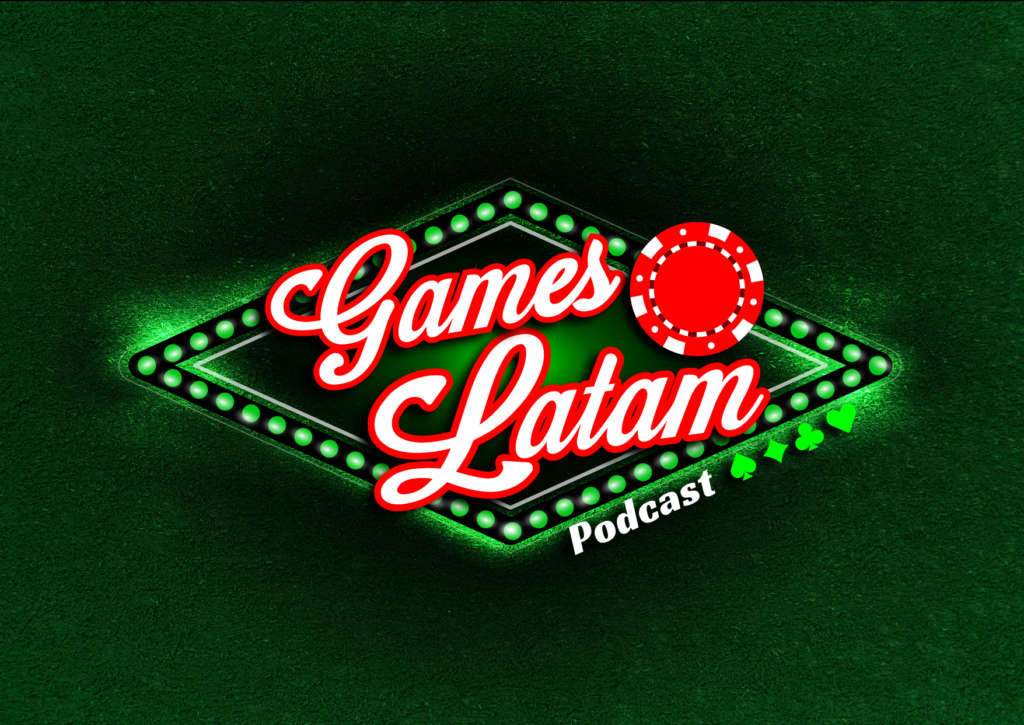A new bill in Louisiana seeks to raise the tax on online sports betting to a staggering 51%.
Introduced by Representative Roger Wilder, House Bill 22 (HB22) aims to transform the state’s sports betting landscape.
With operators already grappling with high taxes, the proposed hike could reshape industry dynamics and impact player incentives.
Explore the implications of HB22, its potential effects on Louisiana’s betting market, and the challenges it faces in legislation.
Louisiana Bill Proposes Sports Betting Tax Hike to 51% Amid Industry Growth
Key Points:
- Tax Rate Increase to 51%: HB22 proposes raising Louisiana’s online sports betting tax rate from 15% to one of the nation’s highest rates.
- Promotional Credits Ban: The bill seeks to end tax deductions for promotional credits, removing a key player incentive tool for operators.
- Market Growth Continues: Despite proposed changes, Louisiana’s sports betting market saw significant growth in September, with a handle of $351.7 million.
Louisiana Proposes Higher Sports Betting Taxes with HB22
Louisiana is considering a dramatic increase in its tax rate on online sports betting. Representative Roger Wilder has introduced House Bill 22 (HB22), which proposes raising the tax rate on gross gaming revenue (GGR) from the current 15% to 51%. If passed, this would place Louisiana among the states with the highest tax rates for sports betting in the U.S.
HB22 was introduced during a special tax reform session called by Governor Jeff Landry. The bill has been referred to the House Ways and Means Committee for review. To become law, it requires a two-thirds majority vote in both the House and Senate—a steep hurdle given the significant opposition anticipated from the gaming industry.
A Potential Ban on Promotional Credits
In addition to raising taxes, the bill proposes eliminating the use of promotional credits by operators. Currently, operators can deduct these credits from their tax calculations, providing a financial incentive for players. In the fiscal year ending June 30, operators gave out a staggering $44.4 million in promotional credits.
Removing this deduction could significantly alter how sportsbooks attract and retain players. Operators may face challenges maintaining competitive player acquisition strategies, potentially leading to fewer incentives for bettors in Louisiana.
Louisiana’s Sports Betting Revenue Soars
Despite the proposed tax changes, the state’s sports betting market is showing strong growth. The Louisiana Gaming Control Board recently reported that September’s total sports betting handle reached $351.7 million, up 25.4% year-over-year and a sharp 50% increase from August.
Of the total handle, $320 million came from online betting, while $31.7 million originated from retail sportsbooks. Adjusted gross revenue stood at $52.5 million, marking a 25.6% increase year-over-year and a significant 106.7% jump from the previous month.
Key highlights from the September revenue report include:
- Parlays accounted for the most revenue, generating $35 million.
- Football bets, buoyed by the start of the NFL season, contributed $5.1 million.
- Miscellaneous bets across other sports brought in $9.5 million.
The state-wide hold rate for the month was an impressive 14.93%, signaling robust profitability for operators.
Implications of HB22
If enacted, HB22 could dramatically alter Louisiana’s gambling landscape. While the 51% tax rate would generate significant state revenue, it risks discouraging operators from remaining in the market. Higher taxes, coupled with the elimination of promotional credits, could impact operators’ profitability and player satisfaction.
At the same time, players could see fewer bonuses and promotional offers, potentially pushing some bettors toward offshore platforms or illegal markets. Moreover, with operators needing to adjust their financial strategies, investments in technology and marketing might decline, affecting the market’s overall growth trajectory.
However, the bill’s proponents argue that higher taxes would provide much-needed revenue for public programs. As Louisiana’s betting market continues to grow, proponents see this as an opportunity to maximize the state’s financial gains.
House Bill 22 introduces a bold proposal to significantly increase Louisiana’s tax rate on online sports betting and eliminate promotional credits, marking a potential turning point for the industry. While the bill aims to boost state revenue, it faces resistance from operators and concerns about its long-term impact on market competitiveness.
As Louisiana’s sports betting market shows strong growth, the industry must weigh the benefits of increased state funding against the challenges of sustaining profitability. The outcome of this legislation will not only shape the future of gambling in Louisiana but also set a precedent for other states navigating similar debates.
With HB22 under review, the coming months will determine whether Louisiana takes this dramatic step to reform its gambling tax structure. Operators, lawmakers, and bettors alike will be watching closely.
The post Louisiana Considers Raising Sports Betting Tax to 51% on GGR appeared first on Gamingo News.
A new bill in Louisiana seeks to raise the tax on online sports betting to a staggering 51%. Introduced by Representative Roger Wilder, House Bill 22 (HB22) aims to transform the state’s sports betting landscape. With operators already grappling with high taxes, the proposed hike could reshape industry dynamics and impact player incentives. Explore the
The post Louisiana Considers Raising Sports Betting Tax to 51% on GGR appeared first on Gamingo News.
Participe da IGI Expo 2026: https://igi-expo.com/












